Introduction
ADHD in children is a neurodevelopmental disorder characterized by hyperactivity, impulsivity, and inattention. Often, ADHD in children is also associated with sleep disorders.
These disorders can contribute to ADHD symptoms and worsen academic performance, behavior, and the ability to socialize.
Today we’ll talk about the sleep disorders associated with ADHD in children, as well as some therapies and solutions proposed by various scientific studies.
What symptoms does ADHD cause in children’s sleep?
As we mentioned at the beginning, children with this disorder often experience different sleep disorders, such as: insomnia, restless legs syndrome and/or parasomnias.
- Insomnia is a very common sleep disorder in children with ADHD, characterized by difficulties falling asleep or staying asleep throughout the night. In many cases, this sleep disorder in children with ADHD is associated with anxiety or depression.
- Restless legs syndrome is another frequent sleep disorder. It consists of an unpleasant sensation in the legs that makes the child have to move them constantly to try to relieve that sensation. This involuntary movement of the legs can interrupt sleep and, therefore, cause daytime sleepiness.
- Finally, some parasomnias have also been described in children with ADHD, which are sleep disorders characterized by involuntary movements or behaviors during sleep. The most frequent are nightmares, night terrors, and sleepwalking.
Although sleep disorders in children with ADHD are very common, not all children with ADHD will present these symptoms. In fact, some children may sleep well and not have any type of sleep disorder.
What are the main causes of sleep disorders in children with ADHD?
Not all causes are known yet; however, it is known that these disorders can be related to the neurobiology of ADHD or to certain psychological and environmental factors.
Regarding neurobiology, various studies indicate that children with ADHD have an alteration of the central nervous system, which may be involved in sleep disorders.
On the other hand, related to psychological and environmental factors, studies show that stress or anxiety can worsen sleep disorders in children with ADHD. Not going to bed at the same time or watching television in the bedroom before sleeping can worsen the symptoms.
How can sleep disorders in children with ADHD be treated?
Although there is not yet a specific treatment, various therapies and solutions have been developed that can help improve sleep:
Therapies
One of the most used therapies is the cognitive behavioral therapy for insomnia (CBT-I), which is based on changing certain habits and behaviors related to sleep.
Another therapy used to treat sleep disorders in children with ADHD is la relaxation therapy, which is based on techniques to reduce stress and anxiety.
Medications
Often when these disorders significantly affect the quality of life of the child with ADHD, medication is often used:
These drugs can help improve sleep in children with ADHD in addition to improving the symptoms of the underlying disorder. Among them are the CNS stimulants (such as methylphenidate) and the selective serotonin reuptake inhibitors (SSRIs, such as fluoxetine).
Recently, the use of benzodiazepines (such as The Cloneazepam) is no longer recommended to manage sleep disorders in children with ADHD, since taking them very late in the day or in long-acting doses can cause insomnia.
Although drugs undoubtedly play an important role in the treatment of disorders related to ADHD, selection and administration should always be very judicious, to avoid adverse effects and to contribute to the development of appropriate tolerance to them.
Supplements
Some parents and caregivers have reported some success with supplements and natural remedies, which, although they do not replace pharmacological treatment, do help contribute to reducing medication doses and improving overall sleep quality. These supplements have also been studied for their level of efficacy in different areas of treating ADHD in children:
- Melatonin: It is a substance naturally produced in the body and has been used as a treatment for insomnia with success and safety in children.
- CBD oil: It is interesting to note certain evidence, between studies and anecdotal cases, that would indicate a possible use of cannabidiol as a supplement to improve sleep, enhance concentration, and reduce energy levels in children with ADHD.
- Valerian extract: Valerian acts as a natural sedative and can be useful for treating insomnia. That said, its use is not considered for children under 3 years old. An interesting study found improvements in levels of hyperactivity and impulsivity in children treated with valerian root and lemon balm tea.
Although these remedies and supplements may be effective in some children with ADHD, parents should seek advice regarding dosages or interactions. Since some “natural” remedies, such as valerian or CBD, can present adverse effects at very high doses or if combined with certain medications.
Conclusion
In summary, sleep disorders are very common in children with ADHD and are associated with greater intensity and severity of the disorder’s symptoms. The most essential thing is to have guidance at all times. Whether to diagnose these problems or to find the best way to solve them. In this way, we can make a small contribution to improving the child’s quality of life.
If you liked this post about sleep disorders associated with ADHD in children, you might be interested in these NeuronUP posts:
“This article has been translated. Link to the original article in Spanish:”
El ADHD en niños y los trastornos del sueño asociados
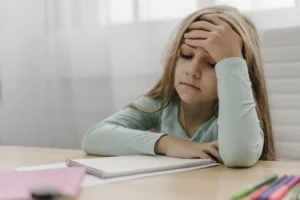
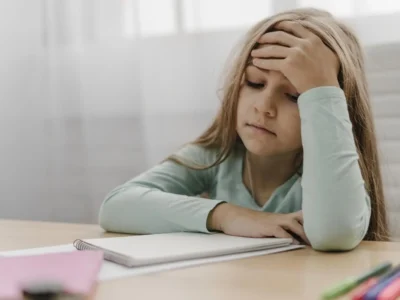

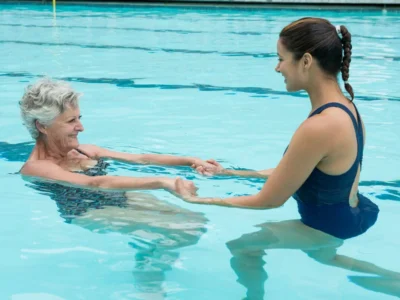


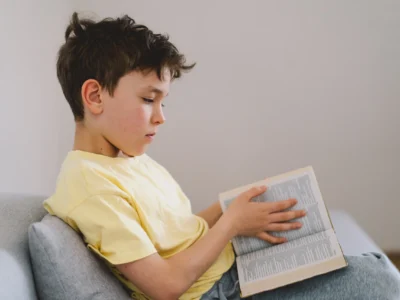
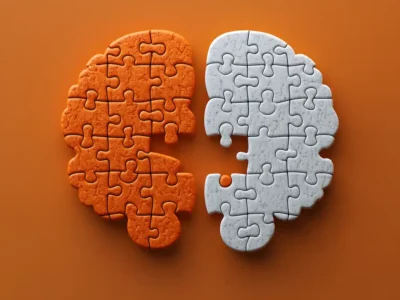
 Language Disorder: Causes, Symptoms, and Comorbidity
Language Disorder: Causes, Symptoms, and Comorbidity
Leave a Reply